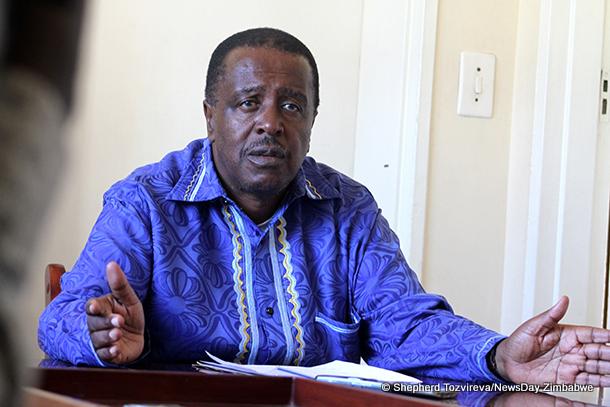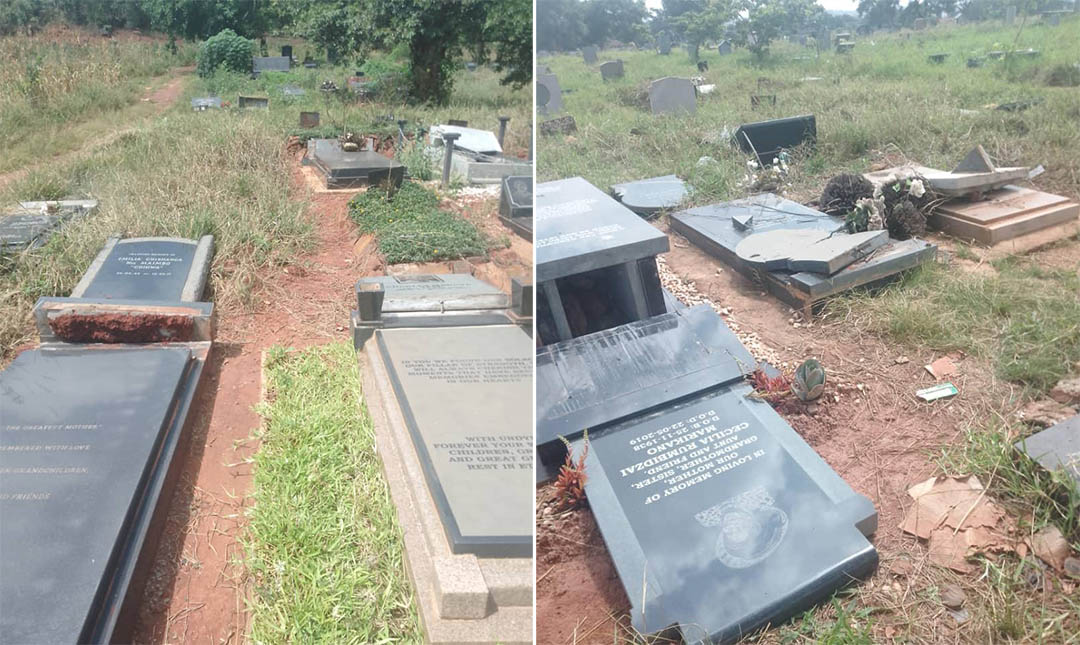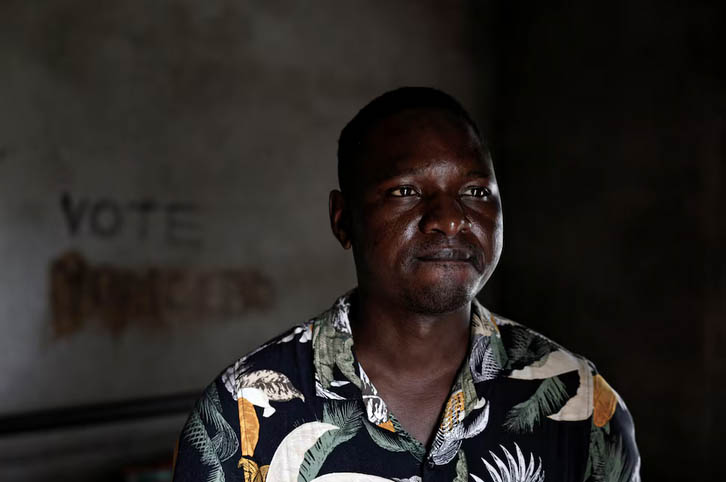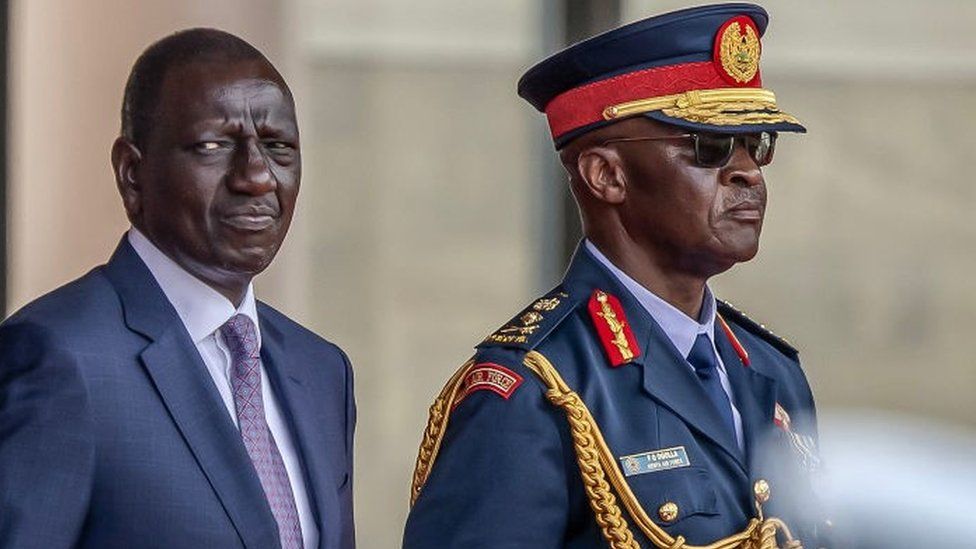HARARE – The Zimbabwe Anti-Corruption Commission (ZACC) will be reconstituted after all the commissioners were forced to resign, allegedly by Vice President Constantino Chiwenga.
President Emmerson Mnangagwa had accepted the resignation of ZACC chairman Job Whabira and all his commissioners, Cabinet Secretary Misheck Sibanda said in a statement on Thursday.
The Standard newspaper reported earlier this month that Chiwenga had summoned the nine ZACC commissioners and told them to resign.
The commissioners were sent away and told to individually “craft their own exit packages which were not outrageous”, the newspaper reported at the time.
Mnangagwa “extends his gratitude to Whabira and the commissioners for the efforts and sacrifice they rendered to the country in working towards the elimination of the scourge of corruption which threatens to tear apart the very fabric and ethos of our society,” Sibanda said.
Whabira’s commission has been accused of carrying out targeted investigations on Mnangagwa’s opponents, even when the Zanu PF leader was deputy president before the military ouster of former President Robert Mugabe in November 2017.
Goodson Nguni, a Zanu PF operative who was in charge of investigations, was repeatedly named in corrupt activities – either for suppressing corruption complaints or pursuing political prosecutions.
Removing a commissioner is not an easy process. A tribunal must be established by the President to prove “gross incompetence” or “gross misconduct” by a commissioner – a process which can end in grief for politicians seeking to remove commissioners they do not like for whatever reason.
In ordering the commissioners to resign, Chiwenga knew most if not all of them have little skeletons that would be exposed with cursory scrutiny, and which would mean they left the commission with nothing. The commissioners appear to have opted to name their price and quit.
Zimbabwe currently has four commissions – the Zimbabwe Electoral Commission, the Zimbabwe Anti-Corruption Commission, the Zimbabwe Media Commission and the Zimbabwe Human Rights Commission.
The chairperson of a commission is chosen by the President after consultation with the Judicial Service Commission and the Parliamentary Committee on Standing Rules and Orders. The other eight members are appointed by the President from a list of at least 12 nominees submitted by the parliamentary committee which must conduct public interviews of prospective commissioners.
The only limitations on who may be appointed are that the chairperson has to be a judge or former judge of the Supreme Court or High Court, or a person qualified to be such a judge; and, that at least four members, apart from the chairperson, must be women.
Lawyers have expressed disquiet at the President enjoying the right to appoint heads of the commissions, which are required under the constitution to be independent and free from political control. The provision appears aimed at giving the executive control.
Mnangagwa has made fighting corruption as priority of his government, but the crusade has so far enjoyed limited success. Most corruption, say his critics, is being carried out by his associates in government.
Said prominent lawyer Alex Magaisa: “The ZACC was never my favourite institution. It was weak, ineffective and mired in corruption. But the biggest problem was that it was captured by the executive the moment it got housed under the President’s Office.
‘They might change the commissioners but as long as it remains under the President’s Office, it will be weak and ineffective. The situation represents serious conflict of interest. The ZACC must be independent of the executive, otherwise it will be more of the same.”















